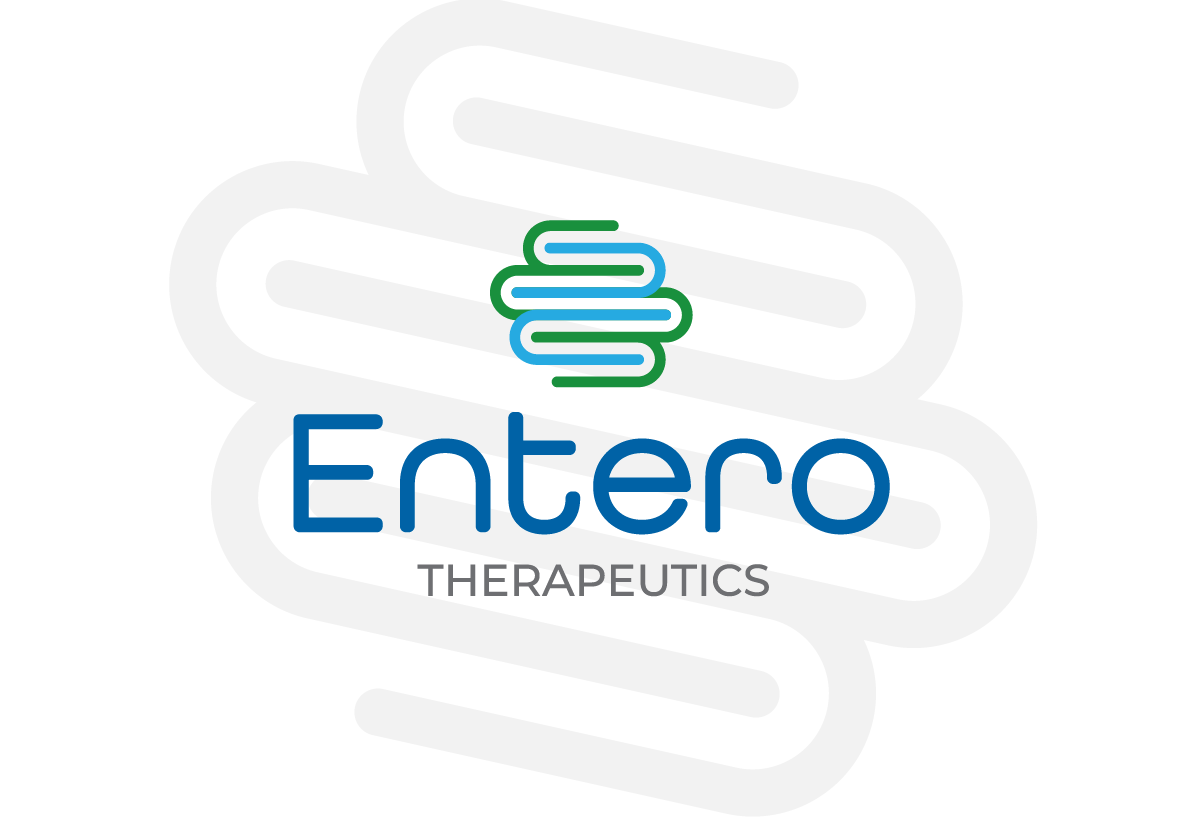-
LatiglutenasePre-INDPhase 1Phase 2Phase 3
-
Celiac Disease
Description:
Latiglutenase (IMGX003) is an orally administered mixture of two gluten-specific recombinant proteases that degrades gluten proteins into small physiologically irrelevant fragments that is designed to be administered as an adjunct to a gluten-free diet (GFD).
Celiac disease (CD) is an autoimmune disorder of the small intestine resulting from intolerance to gluten proteins, afflicting nearly 1% of most populations (Schuppan 2009, Rubio Tapia 2010). The principal physiology is villous atrophy in the small intestinal epithelium triggered by the ingestion of cereal grains, such as wheat, rye, or barley. CD has no known cure and the only effective therapy is adherence to a lifelong GFD. Yet in practice it is virtually impossible to totally avoid gluten (Syage 2018).
Patients are continuously exposed to low levels of gluten that can cause symptomatic pain and suffering and persistent histologic damage that can lead to long-term health issues such as lymphoma, bowel cancer, osteoporosis, anemia, malnutrition, etc. (Kelly 2015, Green 2015). The burden of the disease is enormous on the individuals as well as their family and friends, who must adjust to the dietary and recovery needs of CD individuals.
The Phase 3 clinical development plan for latiglutenase has been reviewed by the GI Division of the U.S. Food and Drug Administration (FDA), with initiation of the Phase 3 trials expected in the second half of 2024. This timing could enable latiglutenase to enter the multibillion-dollar celiac disease market by 2027.


